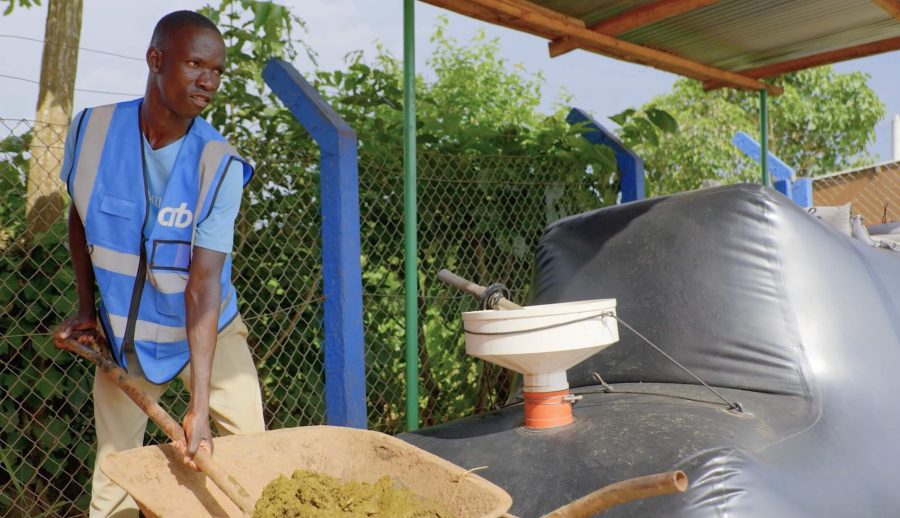Biogas Digesters in Developing Countries: Turning Waste into Clean Energy and Carbon Credits
Across developing nations, the challenges of waste management, energy access, and climate change are deeply intertwined. Traditional cooking methods—often reliant on firewood or charcoal—contribute to deforestation, indoor air pollution, and substantial carbon emissions. But one powerful, scalable solution is reshaping this narrative: biogas digesters.
These small-scale systems convert organic waste (like food scraps, animal manure, and crop residues) into clean, renewable biogas for cooking and lighting—while simultaneously generating valuable carbon credits. Crbcoin.com is pioneering the deployment of biogas projects that empower communities, reduce emissions, and create income-generating opportunities through the global carbon market.
What Are Biogas Digesters?
A biogas digester is a sealed, dome-shaped system that captures methane gas released during the decomposition of organic waste. This biogas is then piped directly into homes and kitchens, replacing firewood, kerosene, or LPG.
Key Benefits:
- Zero-deforestation energy – no wood cutting required
- Smoke-free cooking – reduces indoor air pollution
- Fertilizer byproduct – produces nutrient-rich organic slurry
- Low operational cost – sustainable after initial setup
- Emissions reduction – replaces fossil fuels and burns methane cleanly
By replacing solid fuels with clean-burning biogas, each digester can reduce 2 to 5 tons of CO₂ equivalent per year—making them highly eligible for carbon credits.
Supporting Global Sustainability Goals
Biogas projects directly contribute to several UN Sustainable Development Goals (SDGs):
- SDG 3 – Good Health and Well-Being: Cleaner air, fewer respiratory illnesses
- SDG 7 – Affordable and Clean Energy: Reliable, renewable energy access
- SDG 13 – Climate Action: Direct CO₂ and methane reduction
- SDG 15 – Life on Land: Reduces pressure on forests and biodiversity
How Biogas Digesters Earn Carbon Credits
Each installed biogas system replaces traditional fuel sources and prevents methane from entering the atmosphere, thereby avoiding greenhouse gas emissions. These reductions are measurable, verifiable, and certifiable, making them ideal for generating carbon credits.
- 1 digester = 2 to 5 tons CO₂ equivalent avoided/year
- 1 carbon credit = 1 ton CO₂e
- Carbon price = €10–€20 per credit
- Annual credit value per digester = €20–€100
Multiply this by thousands of digesters across rural areas, and the climate and economic potential becomes enormous.
How Crbcoin Builds Biogas Projects
At Crbcoin.com, we fund, build, and manage biogas projects from the ground up. Through local partnerships and blockchain transparency, we ensure each project delivers real-world results.
- Site selection in areas with high organic waste availability
- Training and empowerment of local technicians and users
- Ongoing monitoring and verification using smart tech
- Registration and certification under global carbon credit standards
- Tokenization of verified carbon credits on the Crbcoin platform
This creates a direct, traceable link between community-scale biogas systems and international carbon markets.
Why It Works
- Families save money, gain energy independence, and improve their health
- Communities benefit from jobs and local economic growth
- The environment is protected through methane capture and deforestation prevention
- Investors earn verifiable, blockchain-secured carbon credits with real impact
Final Word: Fuel Change, Offset Emissions, Generate Returns
Biogas digesters are a powerful climate technology—small enough for a village, but impactful enough to change the planet. With Crbcoin.com, investors and carbon buyers can support these systems at scale, helping reduce emissions while earning returns through verified carbon credits.
Every flame lit by biogas tells a story of resilience, innovation, and a cleaner future.





